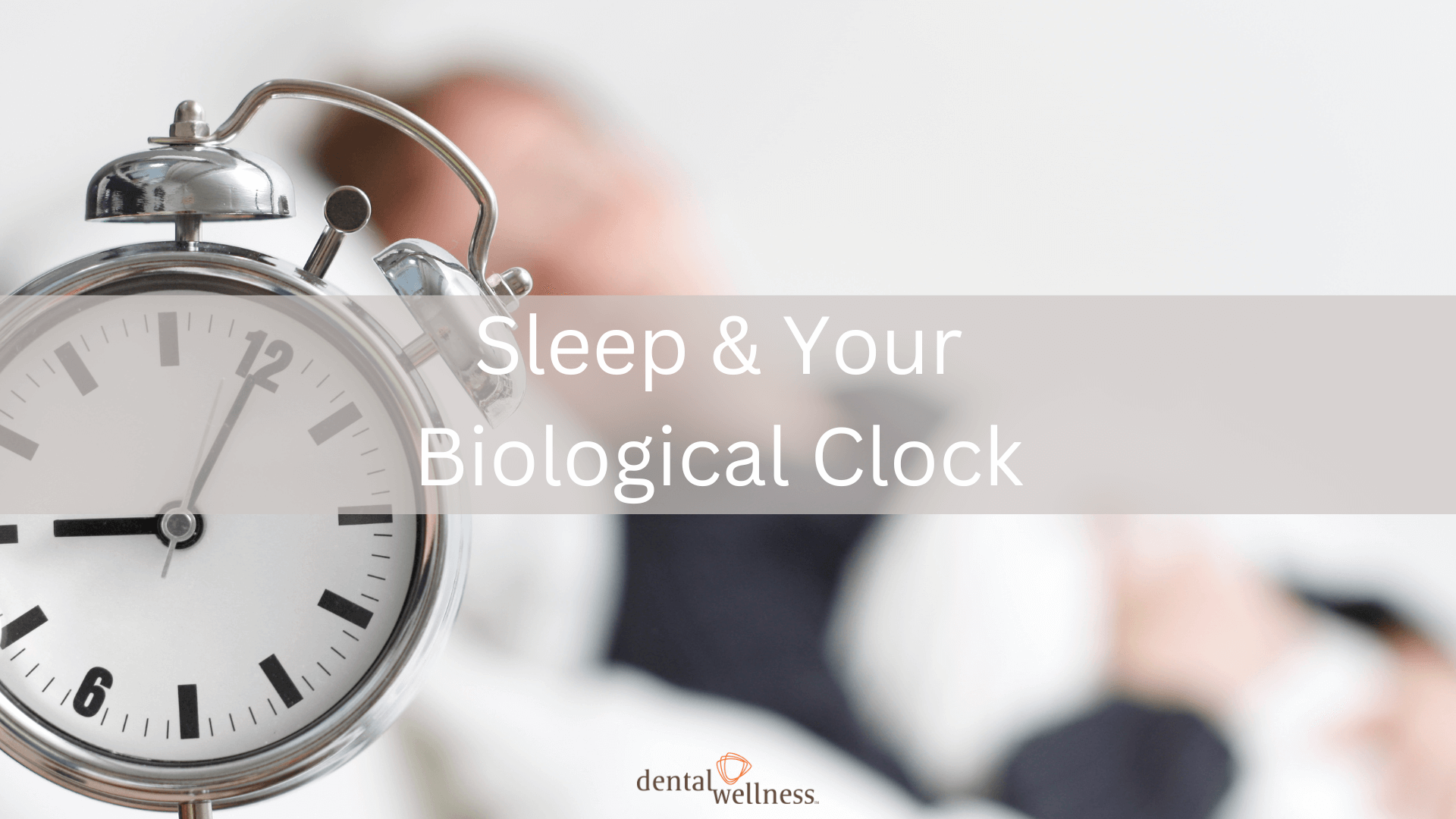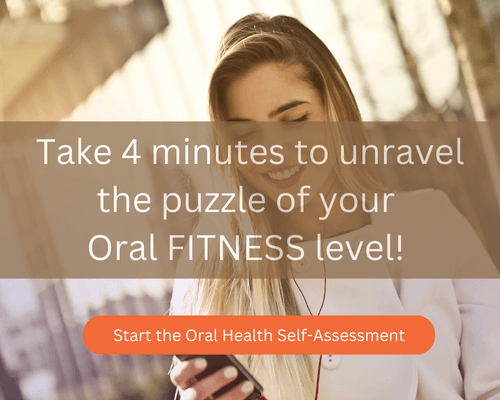
Did you know that a night of sleep deprivation can lead to alterations in the genes responsible for controlling the biological clocks found in cells throughout our bodies? Sleep plays a crucial role in maintaining a healthy lifestyle, and previous scientific studies have established a connection between sleep loss and an increased risk of obesity and type-2 diabetes. Let’s explore a recent study conducted by Cedernaes et al. (2022) from Uppsala University in Sweden, which provides valuable insights into the profound effects of sleep loss on biological clock genes.
Cedernaes and his team conducted a study involving 15 healthy men with normal weight who stayed in a laboratory for nearly two nights on separate occasions. During one session, the participants maintained their regular sleep duration of over 8 hours, while in the other session, they were kept awake.
By analyzing small tissue samples obtained from superficial abdominal fat and thigh muscle, two tissues crucial for regulating metabolism and controlling blood sugar levels, the researchers discovered significant changes in the regulation and activity of clock genes following just one night of sleep deprivation.
These findings have important implications as they indicate that even a single night of sleep loss can disrupt the normal functioning of biological clock genes. Properly regulating these genes is essential for maintaining optimal physiological processes (Rey et al., 2011).
In addition to the genetic implications of sleep loss, it is important to consider the recommended sleep duration for overall well-being. While individual sleep needs may vary, the Australian Sleep Health Foundation suggests that most adults should aim for 7 to 9 hours of sleep per night to ensure they feel adequately refreshed and perform optimally the next day (Hirshkowitz et al., 2015).
Furthermore, the quality of our sleep is directly influenced by the condition of our mouth. At Dental Wellness, assessments are conducted to evaluate the quality of an individual’s sleep. The process of breathing during sleep involves both nasal and oral breathing. While nasal breathing is considered optimal, many individuals tend to be mouth breathers, which can impact the duration and quality of sleep.
To optimize your sleep, it is essential to understand your sleep cycles. On average, a sleep cycle lasts approximately 90 minutes and includes different stages, from light to deep sleep. Deep sleep is essential for detoxification, recovery, and repair. To avoid interrupting deep sleep with an alarm, it is recommended to calculate the ideal bedtime by working backward in 90-minute intervals from the desired wake-up time.
In conclusion, scientific research has shown that even a single night of sleep deprivation can significantly impact the genes responsible for regulating our biological clocks. Prioritising sufficient and high-quality sleep is crucial for maintaining overall health and well-being.
Keep Smiling,
It’s good for You!
Dr David Cowhig, the founder of the Dental Wellness clinics, is a pioneer in holistic metal free dentistry & aesthetics, providing scientific-based biological dentistry. We support you as an individual and take into account the variety of factors that can lead to dental and oral health problems. We believe passionately that creating health and beauty around us is an integral part of life and you will feel these qualities in our dental care. You can find us at The Gap in Brisbane, focussing on holistic aesthetic total metal-free dentistry.
Contact Dental Wellness on 07 3511 1399 or email reception@dentalwellness.com.au.
Contact Us Today
We would love to hear from you.
Our mission is simple: we want to help you create a safer, healthy, beautiful smile.
Please call (07) 3511 1399 to reach our reception team who will do their best to address your concerns, answer your questions and book a convenient appointment. Alternatively, request your appointment online or send us a message and we'll get back to you as soon as possible.

